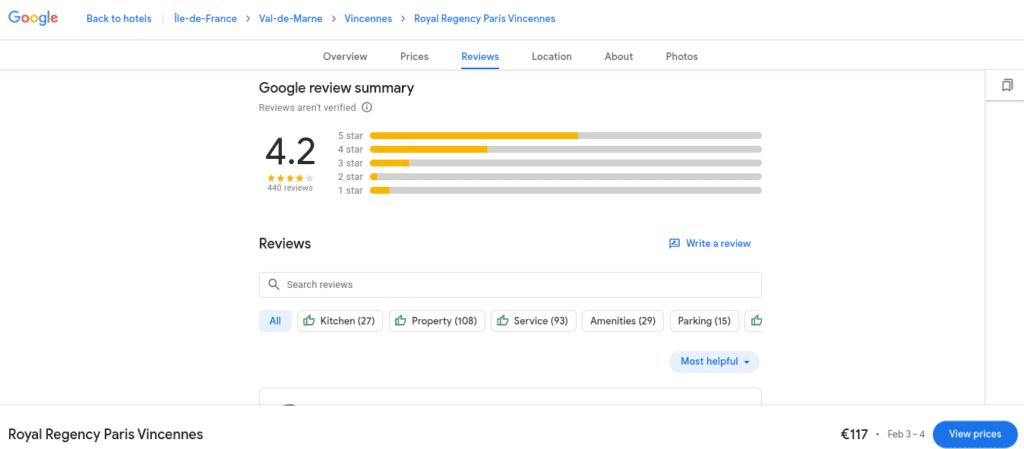Travelers are only modestly more dissatisfied with hotel stays on average worldwide than before the pandemic, according to a review of 6 million user-generated reviews and 20 million online comments. But North America stood out as a region where many guests felt hotels were underperforming compared to 2019.
Shiji ReviewPro compiled its 200-page hotel guest sentiment report for 2022 based on hotel guest satisfaction reviews and scores for the full year, including year-over-year comparisons back to 2019 and 2021 and taking into account reviews from 7,500 hotels worldwide.
The new study will highlight issues of concern to hotel owners and operators, who are debating whether they need to add back full staffing and service or whether guests will generally accept a leaner post-pandemic level of service.
In 2022, the global review index — a measure of guest satisfaction — was 84.3 percent, 1.7 points lower than in 2019, according to Shiji ReviewPro. Decreases were most pronounced among 3-star hotels, which lost 2.0 points from 2019 to 2022.
Labor challenges appeared to be a key issue.
To make the sample statistically relevant, the report looked at comparable numbers of hotels in five regions that are representative of each region’s makeup by category type.
North America saw the biggest decline in guest satisfaction of the five regions. In 2022, the Global Review Index for hotels in the Shiji ReviewPro data set was 83.3 percent, a drop of 3.5 points from 2019. Three-star hotels showed the steepest decline, losing four points. The results dovetailed with research last year from J.D. Power.
Booking.com accounted for an incredible 41.8 percent of global review volume in 2022, an increase of 12.9 points over 2019. Concerning the 66 review sites and online travel agencies in 45 languages included in the study, there has been no exclusion or bias: all reviews, regardless of platform, are included for each of the hotels the company analyzed, Shiji ReviewPro said.
Shiji ReviewPro is one of the three largest vendors helping hotels and the industry manage and understand user-generated reviews, customer feedback, and guest sentiment. Competitors include Revinate and TrustYou.

